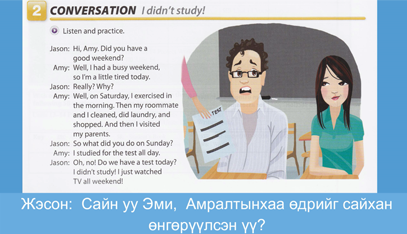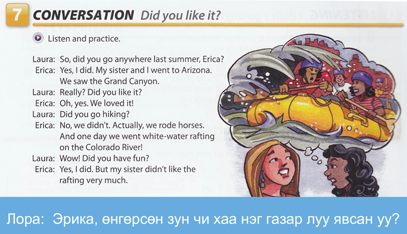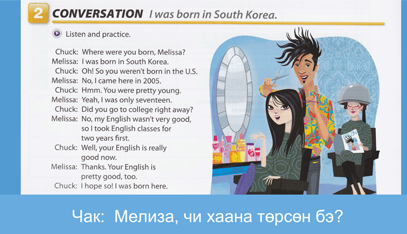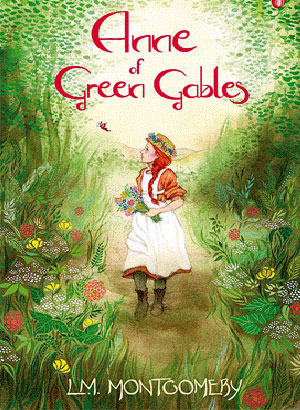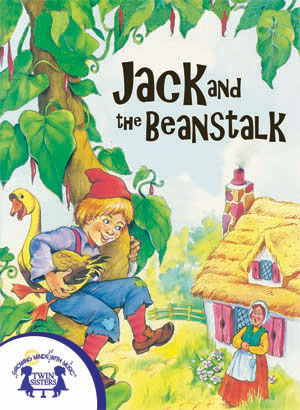Цагийн хуваарь
Даваа - Баасан 09.00 - 18.00
Бямба 09.00 - 14.00
Бямба 09.00 - 14.00
Утас
+976 7000-3991
+976 9977-3981
+976 9977-3981
И-мэйл
Санал хүсэлт
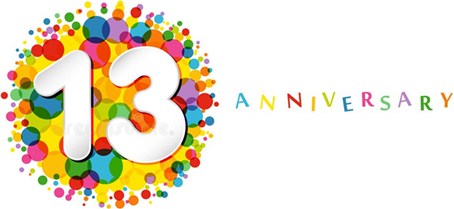
Яагаад Вийзард гэж?
№1 хөтөлбөртэй Англи хэлний ярих, сонсох, бичих, унших 4 чадварыг зэрэг дээшлүүлэх цогц сургалтыг бид зохион байгуулдаг ба та бүгдэд ярианы өндөр чадвартай монгол болон унаган англи хэлтэй гадаад туршлагатай багш нарын баг хичээл заах болно.
Манай сургалтын төв нь сүүлийн үед хамгийн хурдтай өргөжин тэлж байгаа ба ижил төстэй сургалт явуулдаг байгууллагуудынхаа тэргүүлэгч №1 сургалтын хөтөлбөртэй 100% ярианы англи хэлний сургалт зохион байгуулж байгаа нь хэдүйнээ суралцагчдынхаа талархалыг хүлээгээд зогсохгүй, бага насны болон өсвөр насныханд зориулсан ярианы англи хэлний сургалт нь хамгийн эрэлт хэрэгцээтэй болоод байгаа билээ.
1
Хотын төвийн байршил
500 +
Суралцагч
8 +
Чадварлаг багш нар
+1
Хээрийн аялал, алхалт
Манай баг хамт олон Wizard English Training Center
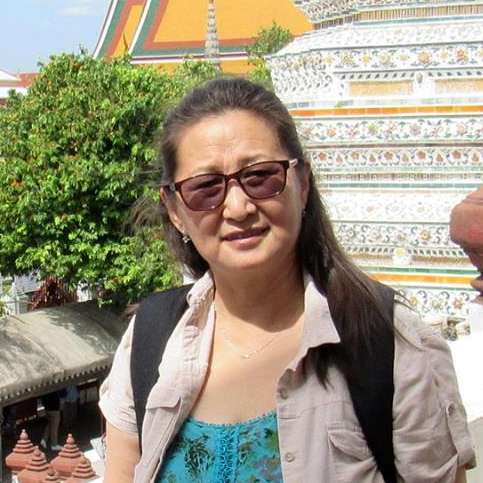
Tsetsegdelger Sumiya
Founder & Teacher

Oyu-Erdene Erdenebaatar
School Manager

Braulio Cavalcanti
Co-Founder & Teacher

Orkhon Enkhbat
Teacher

Alex Perron
Teacher
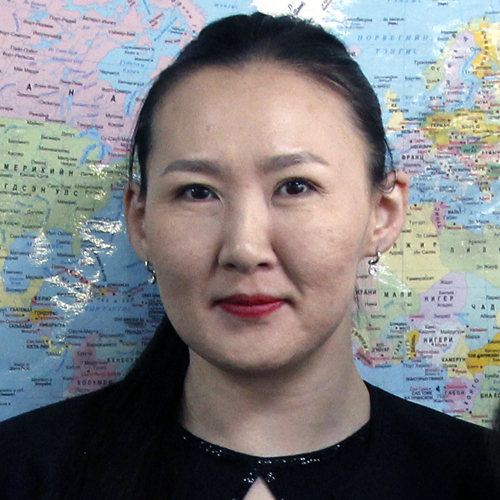
Suvd Gantumur
Teacher

Orgil Khulan
Teacher

Puntsag Solongo
Teacher
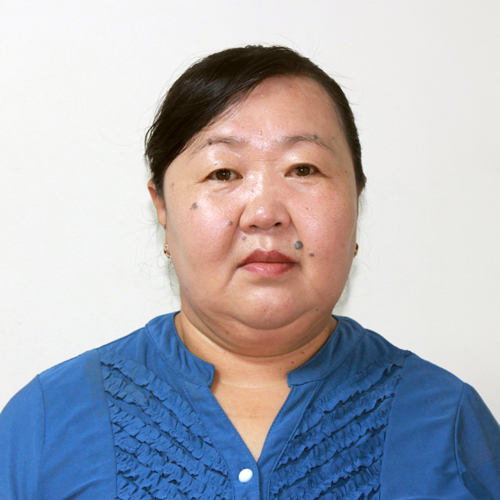
Ariunaa
Assistant employee
Бид дараах сургалтуудыг тогтмол зохион байгуулж байна
Үндсэн сургалтууд
Насанд хүрэгчдэд зориулсан урт хугацааны ерөнхий англи хэлний сургалт
Үнэ: 1 960 000 төгрөг / 8 сар
8-12 болон 13 - 17 насныханд зориулсан англи хэлний жилийн сургалт
Үнэ: 1 780 000 төгрөг / 7 сар
Хүүхдийн анхан түвшиний англи хэлний онлайн сургалт
Үнэ: 920 000 төгрөг / 3 сар
Байгууллагын сургалт
Үнэ: 2 640 000 төгрөг / 2 сар
Ганцаарчилсан сургалт
Үнэ: 624 000 төгрөг / 1 сар
TOEFL & IELTS-н бэлтгэл сургалт
Үнэ: 660 000 төгрөг / 1 сар


